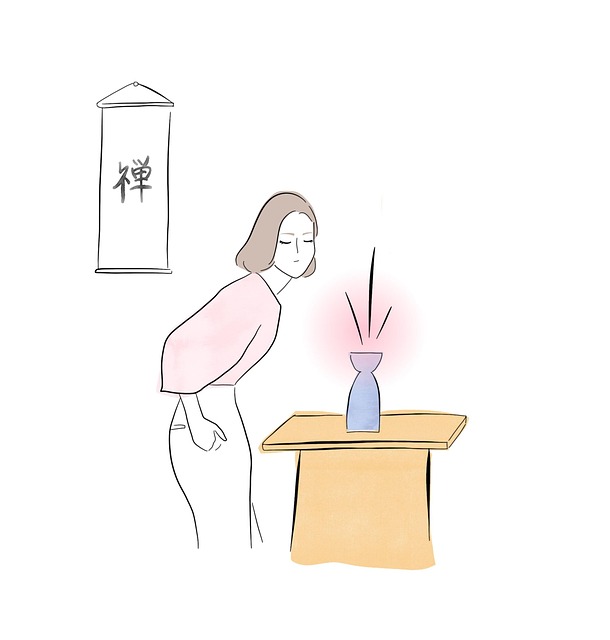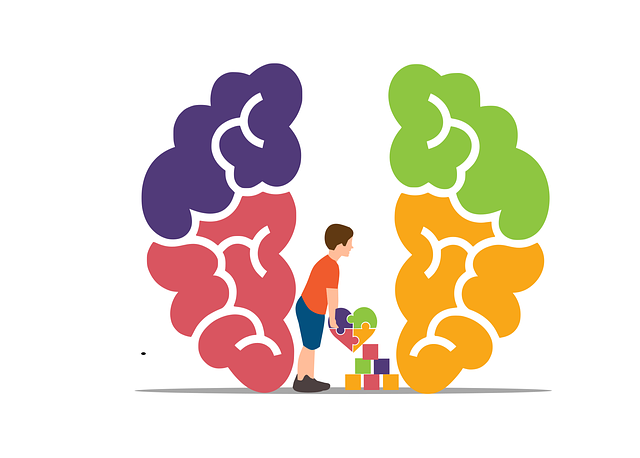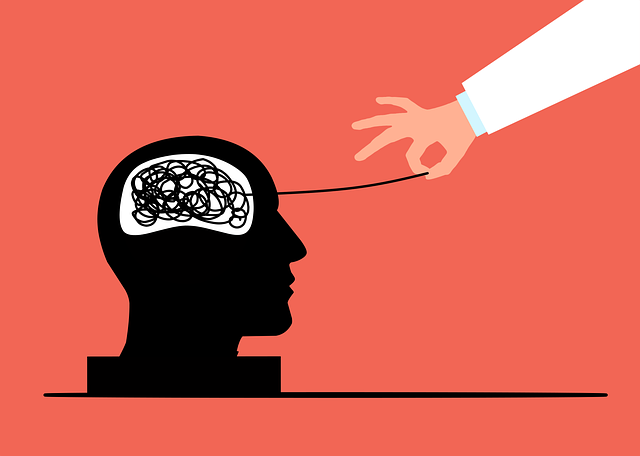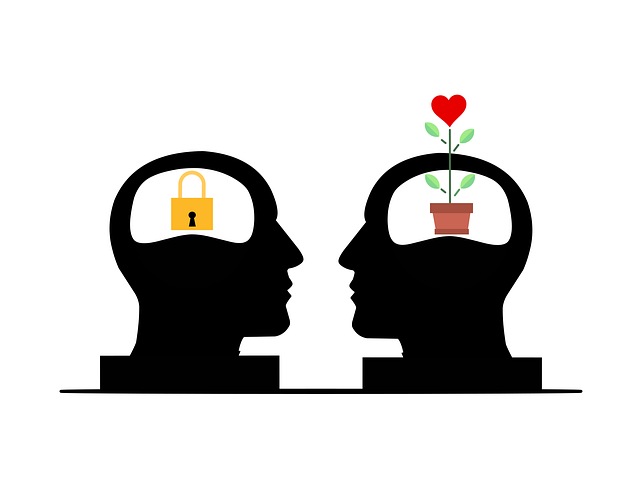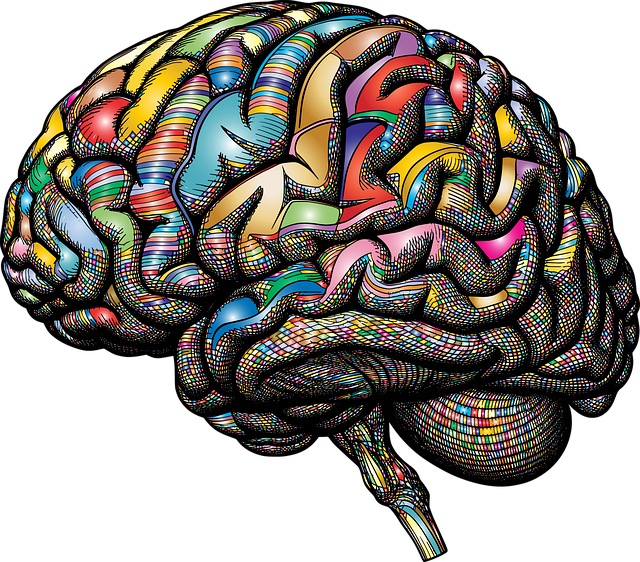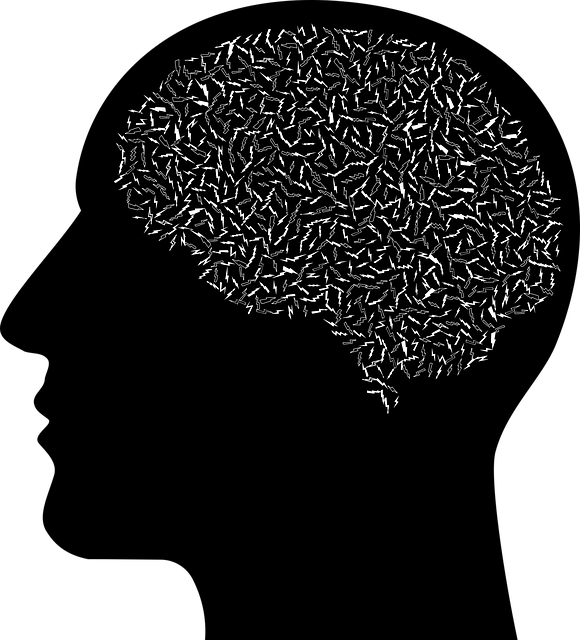Castle Rock Mindfulness Therapy prioritizes cultural sensitivity as a key component of its mental health services, especially within diverse communities. By recognizing and respecting unique cultural values and beliefs, therapists adapt their practices to create safe, supportive environments where clients feel understood and empowered. This approach builds trust and encourages open communication, enhancing therapy's effectiveness. Castle Rock Mindfulness Therapy offers tailored services like Trauma Support and Stress Management Workshops, combining mindfulness techniques with an honor for cultural identity to promote mental well-being among all backgrounds.
In today’s diverse communities, cultural sensitivity in mental healthcare is more critical than ever. The practice of Castle Rock Mindfulness Therapy requires a deep understanding and appreciation of cultural differences to provide effective and inclusive support. This article explores the essential concept of cultural sensitivity, delving into its definition, historical context, and significance for diverse communities. We also navigate challenges like stigma, language barriers, and the need for more diverse mental health professionals, offering strategies to enhance cultural competence in Castle Rock Mindfulness Therapy practices.
- Understanding Cultural Sensitivity in Mental Healthcare
- – Definition and importance in diverse communities
- – Historical context and evolution of cultural competence
Understanding Cultural Sensitivity in Mental Healthcare

Understanding Cultural Sensitivity in Mental Healthcare is a cornerstone of providing effective and compassionate care, especially in diverse communities. At Castle Rock Mindfulness Therapy, we recognize that cultural context plays a significant role in an individual’s emotional healing processes. This involves recognizing and respecting the unique values, beliefs, and traditions that shape one’s mental wellness.
Cultural sensitivity requires therapists to be aware of their own biases and to adapt their practices to meet the specific needs of each client. By embracing this approach, we create a safe and supportive environment where individuals feel understood and empowered to navigate their mental health journeys. This is particularly crucial in fostering trust and encouraging open communication, ultimately enhancing the effectiveness of therapy.
– Definition and importance in diverse communities

Cultural sensitivity in mental healthcare is a cornerstone of effective treatment, especially within diverse communities. It involves understanding and respecting the unique cultural beliefs, values, and practices that shape an individual’s relationship with their mind and well-being. Each community has its own distinct ways of expressing and addressing emotional distress, shaping how people perceive and seek support for their mental health issues. Recognizing these differences is vital for providing inclusive and compassionate care.
At Castle Rock Mindfulness Therapy, we believe in empowering individuals from all backgrounds to access Trauma Support Services tailored to their cultural needs. By incorporating mindfulness practices and Mindfulness Meditation techniques, our approach not only aids in managing stress but also fosters a deeper connection to one’s inner self while honouring cultural identity. We organize Stress Management Workshops that are sensitive to diverse communities, ensuring every client feels seen and supported on their journey towards mental well-being.
– Historical context and evolution of cultural competence

The evolution of cultural competence in mental healthcare has been a journey shaped by historical contexts and societal changes. In the past, Western-centric approaches dominated the field, often neglecting the unique needs and perspectives of diverse cultural backgrounds. This lack of sensitivity was particularly evident when addressing issues like trauma, where certain communities may have distinct healing practices and understandings of psychological distress. As such, the concept of cultural competence emerged as a vital component in ensuring equitable access to mental healthcare services for all individuals, regardless of their ethnic or cultural heritage.
Over time, organizations like Castle Rock Mindfulness Therapy have played a significant role in promoting cultural sensitivity. By integrating knowledge from various cultures and incorporating practices such as Mental Wellness Journaling Exercise Guidance and Mindfulness Meditation, these initiatives strive to create inclusive environments that honor individual differences. This evolution reflects a growing awareness of the impact of trauma support services tailored to diverse populations and the potential for mindfulness-based approaches to bridge cultural gaps in mental healthcare delivery.
Cultural sensitivity is an indispensable aspect of modern mental healthcare, especially in diverse communities. By recognizing and understanding the historical context and evolving needs of various cultures, practitioners like those at Castle Rock Mindfulness Therapy can provide more inclusive and effective treatment. Embracing cultural competence not only enhances patient outcomes but also fosters a more harmonious and equitable healthcare system. This approach ensures that everyone receives the support they need, no matter their background, ultimately enriching the therapeutic experience for all.
